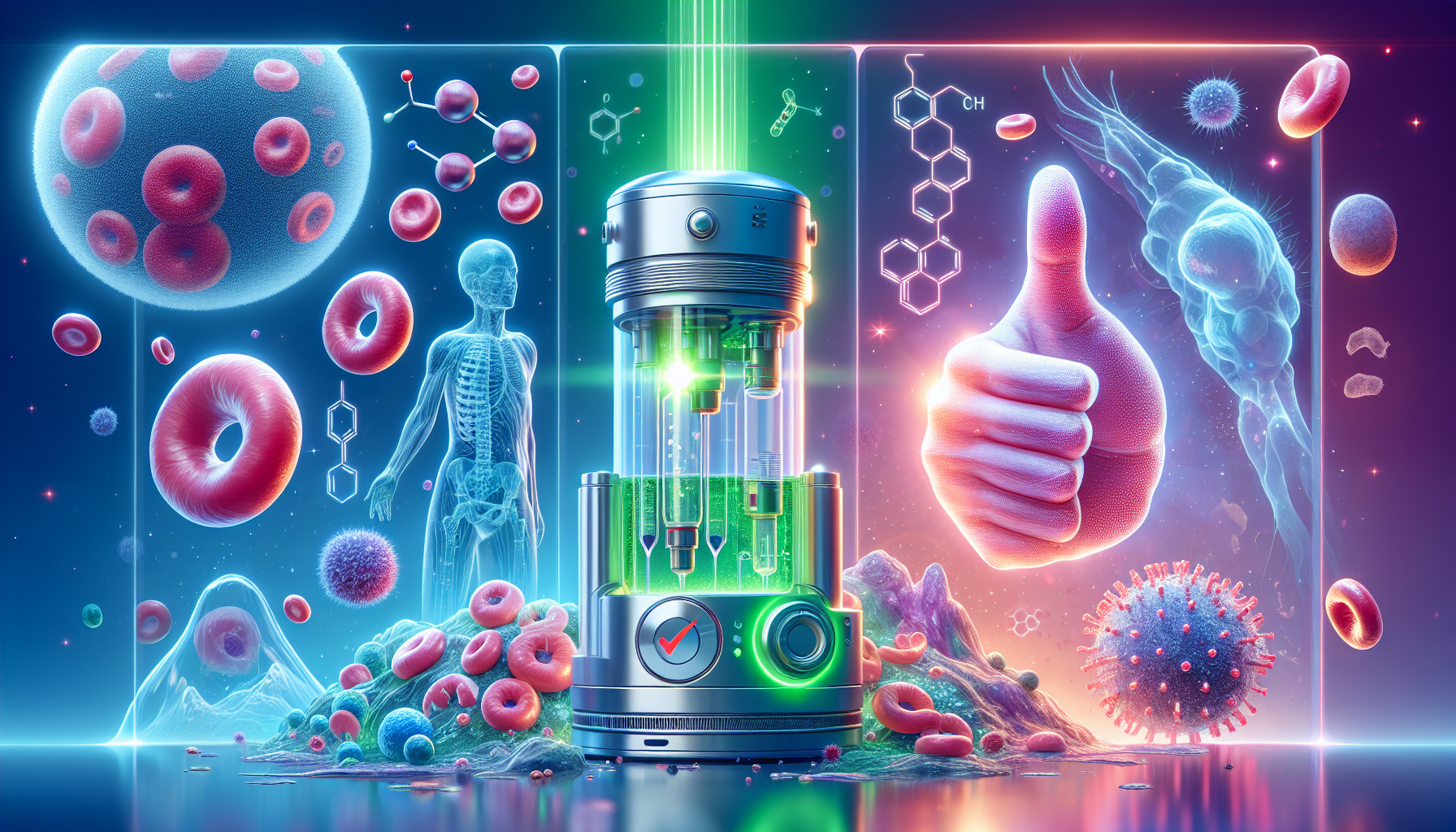Innovative Treatments for Non-Small Cell Lung Cancer: A New Hope
Key Takeaways
- Non-small cell lung cancer is the most common type of lung cancer, posing significant treatment challenges.
- Innovative treatments like immunotherapy and cancer vaccines, including Tedopi®, show promising results.
- Early detection and personalized medicine are crucial for improving NSCLC patient outcomes.
Did You Know?
Understanding Non-Small Cell Lung Cancer
Non-small cell lung cancer (NSCLC) is a common type of lung cancer, accounting for about 85% of all lung cancer cases. It is characterized by the uncontrolled growth of abnormal cells in the lung tissue. The main subtypes include adenocarcinoma, squamous cell carcinoma, and large cell carcinoma. These subtypes are treated similarly, but each has unique characteristics.
The primary cause of NSCLC is smoking, although non-smokers can also develop this disease. Other risk factors include exposure to secondhand smoke, radon gas, asbestos, and other carcinogens. Genetic factors and family history also play a role in the development of NSCLC.
Current Challenges in NSCLC Treatment
Treating NSCLC poses significant challenges. Despite advancements in medicine, there remain unmet medical needs. The lack of effective treatments for advanced stages and the potential for drug resistance are primary concerns for oncologists. Moreover, traditional treatments like chemotherapy and radiation therapy often come with severe side effects, reducing the quality of life for patients.
Another major challenge is the early detection of NSCLC, which significantly improves prognosis. Unfortunately, many cases are diagnosed at an advanced stage when the disease has already spread, making treatment more difficult and reducing the chances of survival.
Emerging Treatments and Innovations
To address these challenges, researchers are exploring novel therapeutic approaches. One promising area of research involves immunotherapy. This treatment helps the body's immune system recognize and attack cancer cells. It includes immune checkpoint inhibitors, which have shown considerable promise in prolonging the survival of NSCLC patients.
Another innovative approach is the development of cancer vaccines. Tedopi®, a therapeutic cancer vaccine developed by OSE Immunotherapeutics, is designed to stimulate the immune system to target cancer cells more effectively. Early clinical trials have demonstrated positive results, showing improved patient outcomes and fewer side effects compared to traditional therapies.
The Role of Tedopi® in NSCLC Treatment
Tedopi® is specifically designed for patients whose cancer has progressed despite previous treatments. It combines peptides from five different tumor-associated antigens to stimulate the immune system's response to cancer cells. This personalized approach aims to enhance the immune system’s ability to destroy cancer cells, providing a new avenue for treatment-resistant NSCLC.
The clinical trials of Tedopi® have shown promising results. Patients receiving Tedopi® experienced longer progression-free survival compared to those on traditional therapies. Moreover, the side effect profile was more favorable, offering patients a better quality of life during treatment.
Expert Opinions on the Future of NSCLC Treatment
In a recent webinar, Dr. Stephen Liu from Georgetown University and Prof Benjamin Besse from the Gustave Roussy Institute shared their insights on the future of NSCLC treatment. They emphasized the importance of personalized medicine and the potential of immunotherapeutics like Tedopi®. Both experts believe that continued research and clinical trials will pave the way for more effective and less toxic treatment options for NSCLC patients.
Dr. Liu highlighted the need for early detection and the development of biomarkers that can identify patients most likely to benefit from these new treatments. Prof Besse echoed these sentiments, stressing the critical role of multi-disciplinary collaboration in developing successful treatment strategies.
Conclusion
The landscape of NSCLC treatment is rapidly evolving, offering new hope for patients with advanced disease. Innovations in immunotherapy and cancer vaccines, such as Tedopi®, are at the forefront of this transformation. With the dedication of researchers and the support of the medical community, there is potential for significant advancements in the prognosis and quality of life for NSCLC patients.
References
- OSE Immunotherapeuticshttps://www.ose-immuno.com
- American Cancer Society - Lung Cancerhttps://www.cancer.org/cancer/lung-cancer.html
- WebMD - Non-Small Cell Lung Cancerhttps://www.webmd.com/lung-cancer/non-small-cell-lung-cancer






